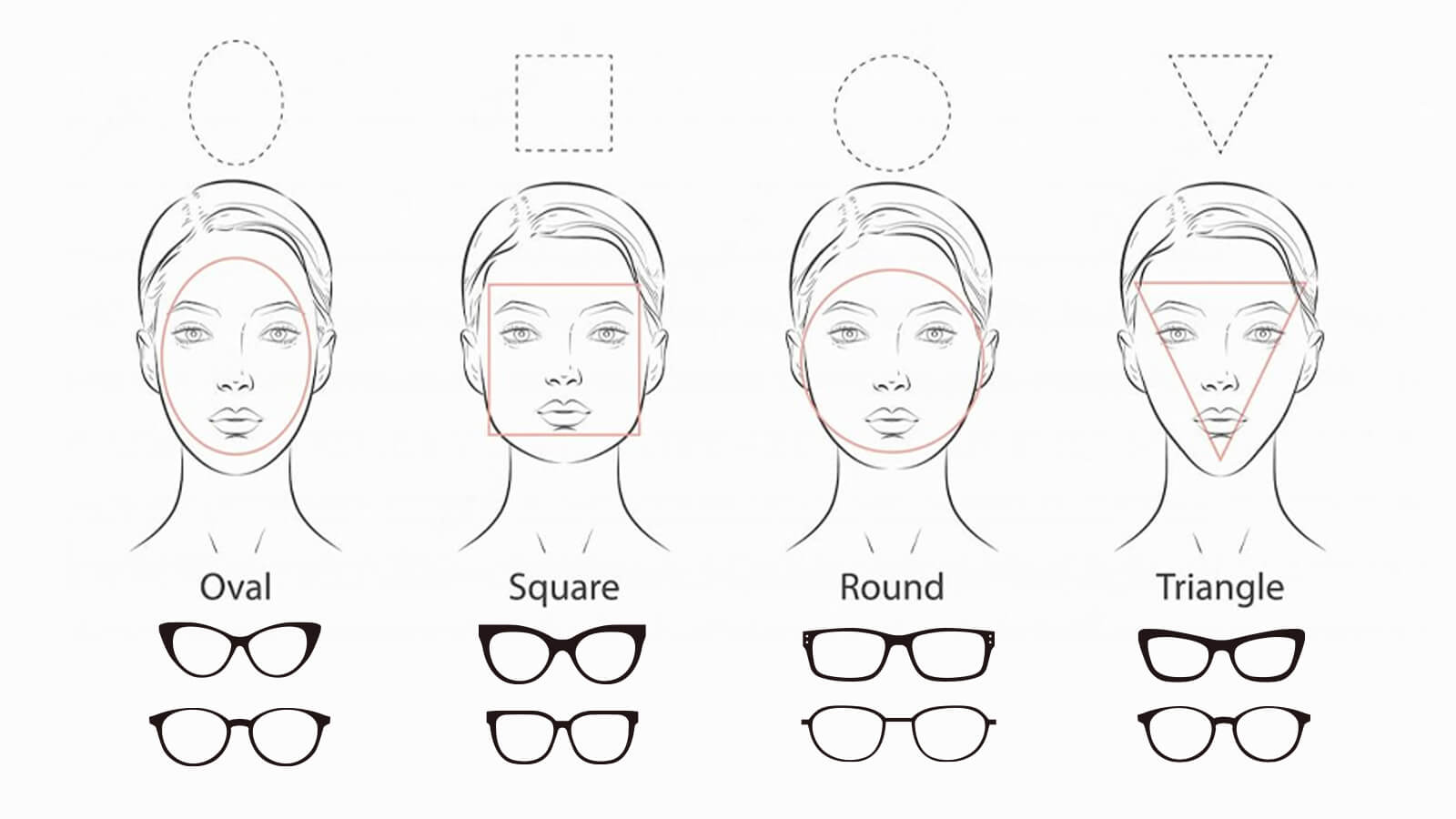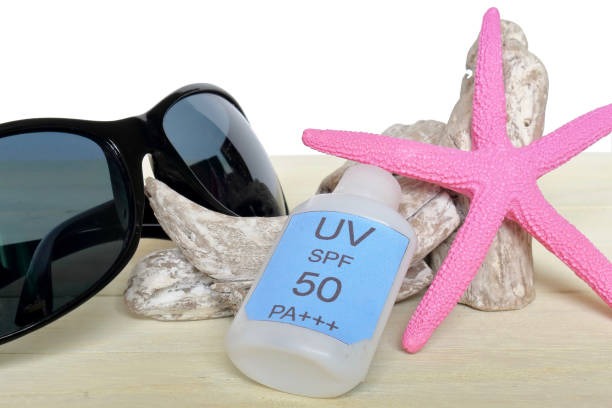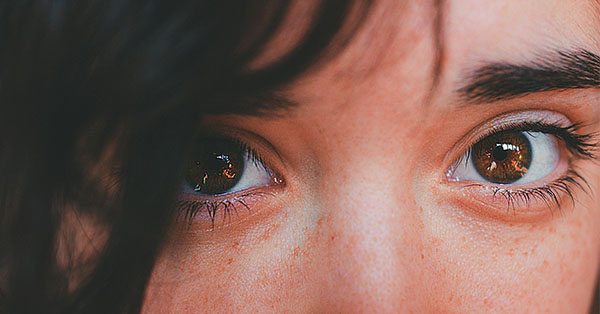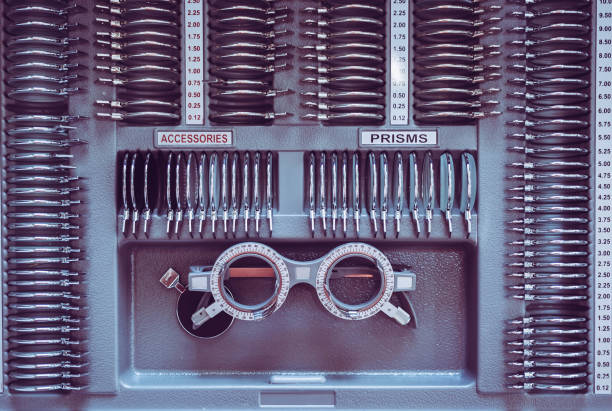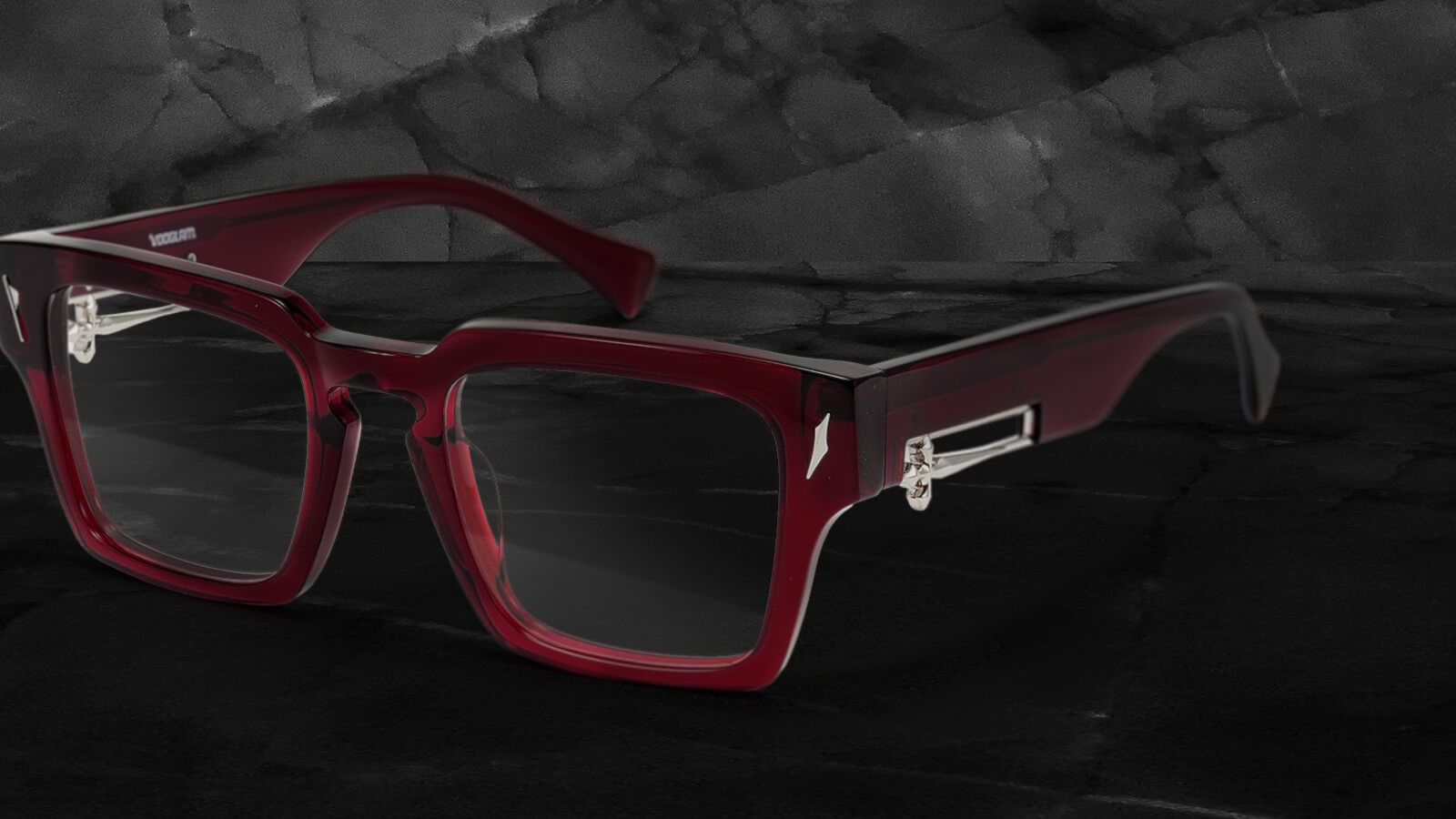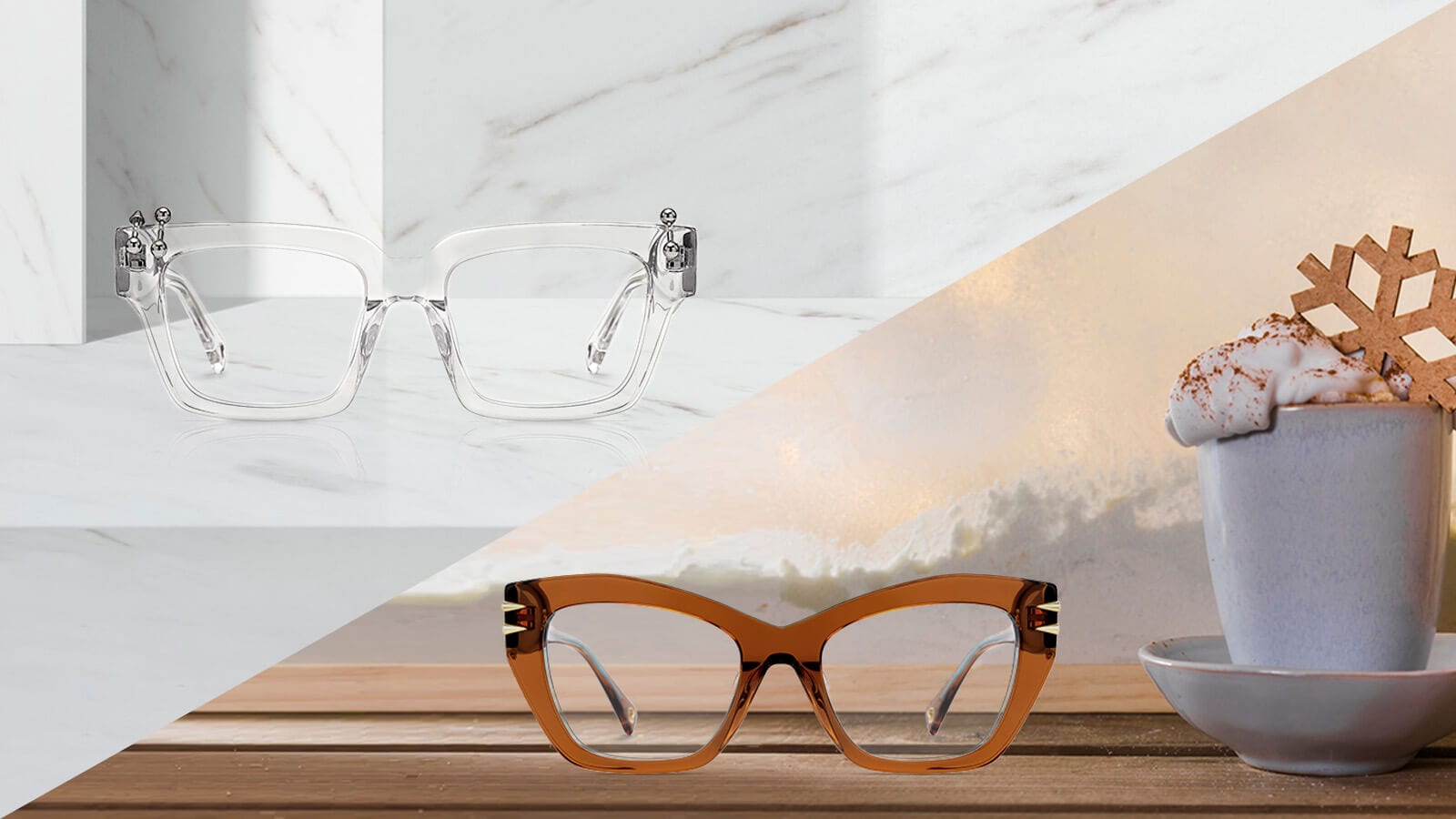
Guide to Picking Glasses That Suit Your Face Shape Perfectly
February 27,2023

What is Boho Style? A Comprehensive Guide to Boho-Chic Fashion
February 13,2025

Virtual Glasses Try On - Find Your Perfect Pair Online
April 02,2024

UV Protection Glasses VS. Blue Light Glasses - Vooglam
July 20,2023

Newest Style Modern Trendy Mens Glasses | Vooglam
March 01,2024

Stylish Reading Glasses: Blending Fashion with Functionality
February 16,2023

Photochromic Lenses 101: How They Work & Why You Need Them
September 22,2023

Brown Eyes: The Beauty of the Most Common Hue
September 01,2024

The chubby face glasses for round face female
August 02,2023

What are prisms in eyeglasses?
March 20,2023

What Are Bifocal Glasses? The Complete Guide (Types, History & Benefits)
April 14,2023

How to Read Your Eyeglass Prescription?
March 11,2023
Plastic VS Polycarbonate Lenses: What's the Difference?
People who buy eyeglass lenses focus mainly on the lens traits that feel right, stay strong, and cost less. The choice of lens material affects clarity, reception, safety, and useful features more than anything else. People today mostly choose between plastic and polycarbonate lenses. So, what’s the difference between plastic and polycarbonate lenses, and which one is right for you? We will simplify the selection process to help you choose wisely.

Understanding Plastic Lenses
People have used CR-39 plastic lenses as eyewear choices for numerous years now. These lightweight and damage-resistant lenses present better protection during regular activities. Overall polycarbonate lenses work well both for tinting purposes and fashion frames as well as sunglasses.
Despite being scratched more easily than other lens materials, plastic eyewear requires a scratch-resistant coating to protect it. Thicker lenses become a problem, particularly for people who need stronger optics, because they create discomfort during prolonged wear.
When it comes to plastic vs polycarbonate eyeglass lenses, plastic might be more affordable, but polycarbonate has the edge in several performance aspects.
What Are Polycarbonate Lenses?
The military created polycarbonate lenses first for aircraft parts before designers made them popular for eyeglasses. These lenses have outstanding resistance to impacts and come as thin, lightweight versions. Polycarbonate lens meets or exceed plastic lenses when resisting damage with ten times more effectiveness, making them suitable for kids and people who need impact protection.
Polycarbonate lenses protect human eyes from all UV radiation thanks to their built-in properties, but plastic lenses require extra UV coatings for similar protection. You can see more clearly out of the sides of your vision because high-index prescriptions cause less distortion at the edges on polycarbonate lenses.
So, in the comparison of polycarbonate lenses vs plastic lenses, polycarbonate stands out as the more durable and protective option.
Key Differences: Polycarbonate Lenses VS Plastic
Now that we’ve explored both options, here’s a closer look at the differences between polycarbonate lenses vs plastic lenses:
- Polycarbonate lenses handle high impacts much better than regular plastic making them preferable for busy and tough settings.
- Polycarbonate lenses feel lighter and thinner than plastic lenses which makes them more comfortable especially during intense activities.
- Polycarbonate contains built-in sun protection, but plastic lenses require an added sunlight-filtering coating.
- Plastic lenses stay cheaper than any other option, which saves money on purchases.
- Plastic offers better resistance to scratches although polycarbonate needs protective coating just like plastic does.
Understanding these differences in plastic vs polycarbonate lenses can help you select the right material for your daily needs and lifestyle.
Which One Should You Choose?
The right choice between plastic and polycarbonate eyeglass lenses depends on how you use your glasses. When you wear glasses infrequently but need low-power correction, you will save money by choosing plastic lenses. People with an active life and daily glasses use should select polycarbonate lenses because they bring extra durability and benefits.
Parents often prefer polycarbonate lenses vs plastic for kids, thanks to their safety and break resistance. Polycarbonate benefits people who depend on protective or sports eyeglasses.

Final Thoughts
In the debate of plastic vs polycarbonate lenses, there’s no one-size-fits-all answer. All materials show benefits and risks as unique characteristics. How you choose depends mainly on your demands and how you plan to use your glasses.
Whether you go with polycarbonate lenses vs plastic lenses, knowing what each option offers will help you see clearly and comfortably. Show your optician your needs for comfort, safety, and spending so they can suggest which lens material matches your specific requirements.

Vooglam Blog
Vooglam blog shares professional knowledge about eyeglass frames, lenses, etc., and provides help when purchasing and using eyewear products. At the same time, Vooglam focuses on fashion glasses to interpret the trend of glasses for you.

The Ultimate Valentine’s Gift Guide: Bold Symbols of Affection in Black & Red
Love is rarely just "sweet." At its best, it is intense, enduring, and a little bit rebellious. Yet, every February, we are bombarded with soft pinks and disposable chocolates. This year, we are sugge
January 26,2026
From Mocha Mousse to Cloud Dancer: The "Soft Power" Palette of 2025-2026
The fashion world is currently taking a deep breath. After years of neon dopamine dressing and chaotic prints, the collective mood is shifting toward something quieter, yet infinitely more powerful. W
December 26,2025
The Science of Polarized Lenses: How They Improve Clarity and Safety in Snowy Conditions
If you've ever been out on a sunny day in the snow, chances are you know all about snow glare. That painful, sometimes blinding reflection off the bright white of snow isn't just annoying; it can be e
November 26,2025
Don't Spook Your Style: 6 Iconic Halloween Costumes with Glasses
Halloween isn't just about jumping into someone else's skin for a night—it's about finding pieces of yourself you didn't know existed. For those of us who wear glasses daily, the question isn't whethe
October 16,2025
















